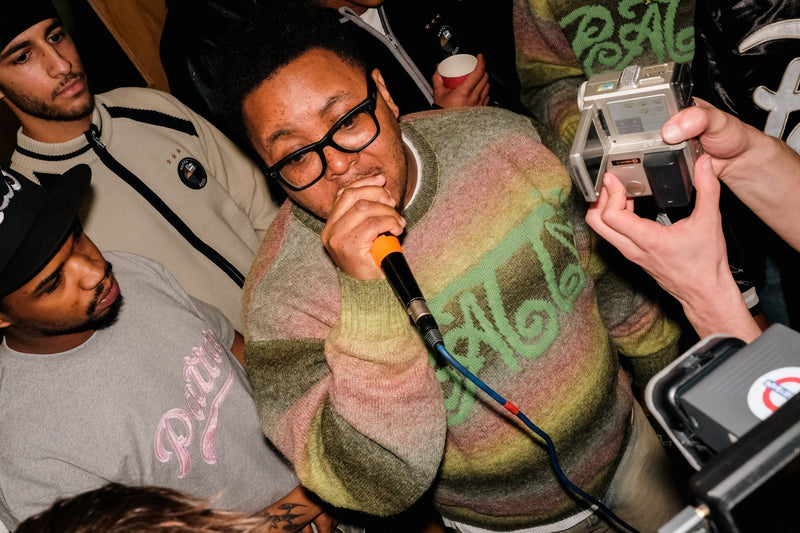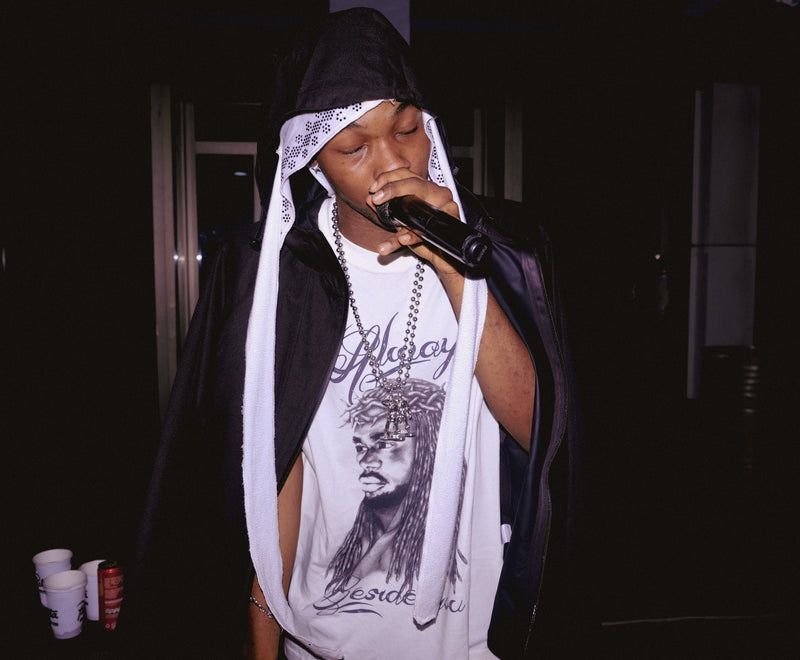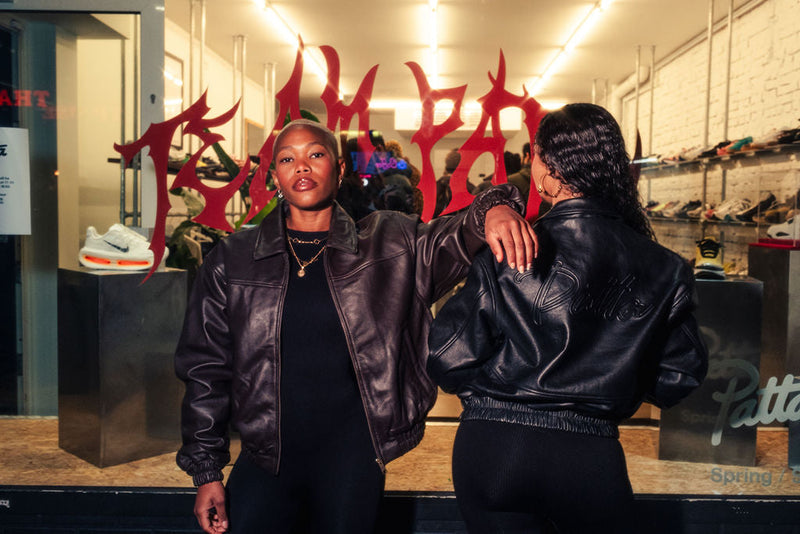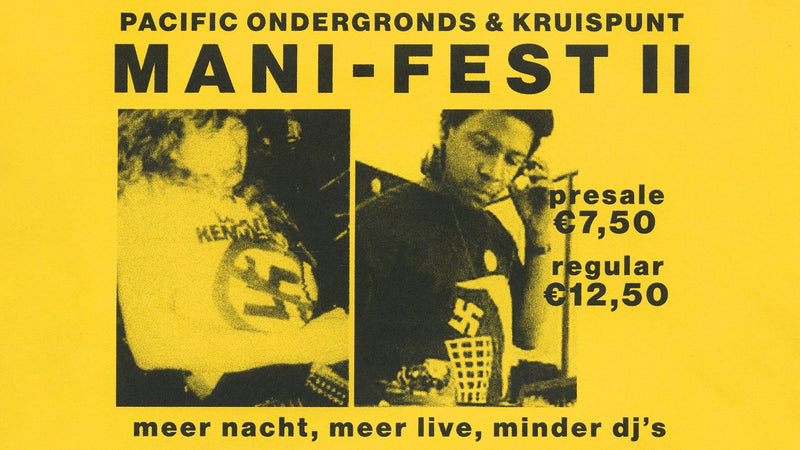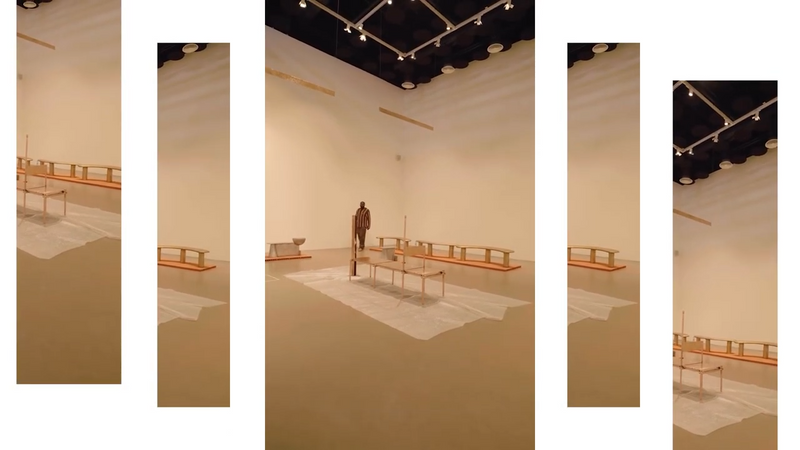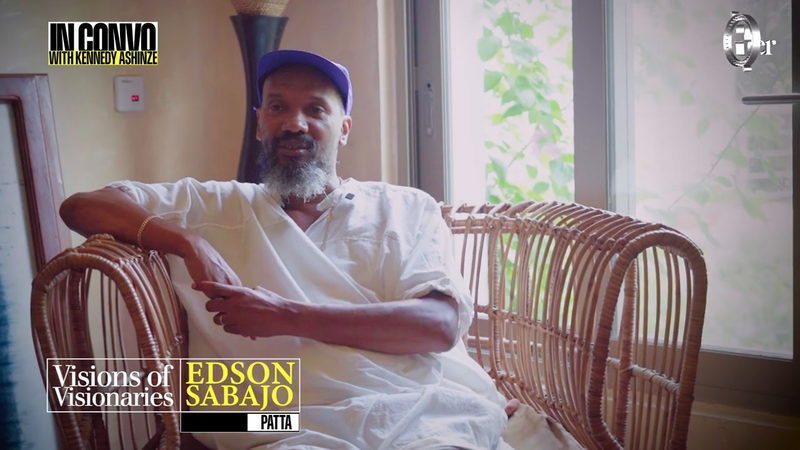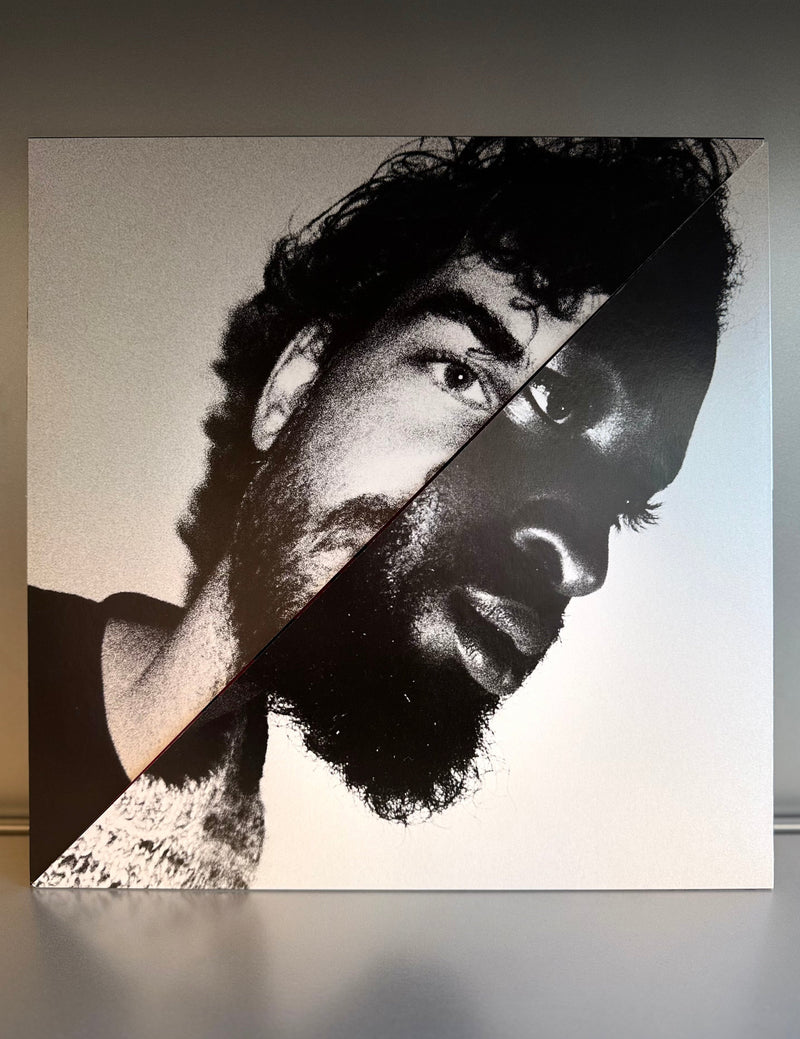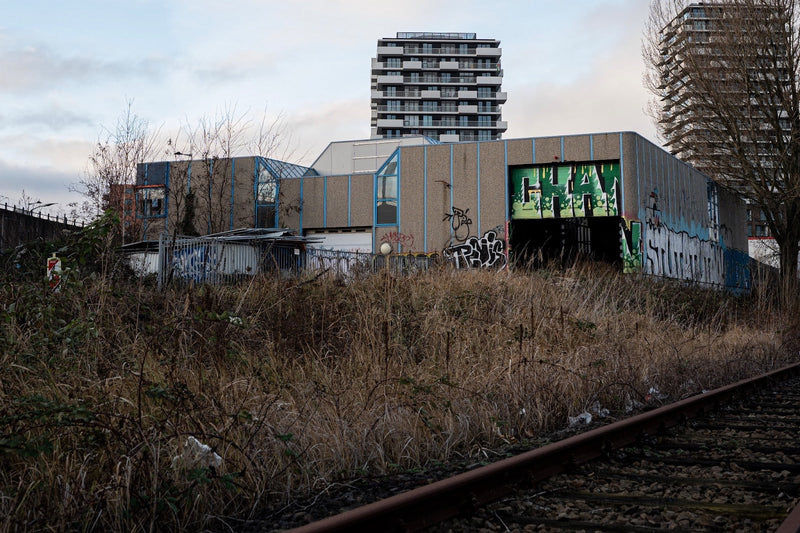/* * ------------------------------------------------------------ * IMPORTANT: The contents of this file are auto-generated. * * This file may be updated by the Shopify admin theme editor * or related systems. Please exercise caution as any changes * made to this file may be overwritten. * ------------------------------------------------------------ */{ "sections": { "media_banner_TrDaiz": { "type": "media-banner", "blocks": { "external_video_HVgnYN": { "type": "external_video", "settings": { "video_url": "", "video_url_desktop": "", "show_video_controls": false } } }, "block_order": [ "external_video_HVgnYN" ], "name": "Media Banner", "settings": { "visibility": "all", "link": "", "section_height": "full-screen", "custom_height": 600, "custom_height_mobile": 400, "horizontal_padding": "lg:px-0", "vertical_padding": "lg:py-0", "logo_width": 150, "logo_position": "flex-col items-center justify-center", "promo_card_subtitle": "Get Familiar", "promo_card_title": "T.NO - No Vai", "promo_card_link": "shopify://collections/all", "show_promo_card": false } }, "content_mJrLDF": { "type": "content", "blocks": { "richtext_MnniTP": { "type": "richtext", "settings": { "content": "<p></p><p> </p><p> </p><p>Patta London lit up for the SS26 Cypher — a night powered by community, culture and serious talent. Novelist, Manga, Pozzy, Sonnyjim, Deema, Finn Foxell, Saiming, namesbliss, Tay Jordan, Perry Slim, Jxme5c, Armando Spence, 23 AZ, Lorry and Mozee controlled the mic while Rico Mars and Cam 300 set the pace behind the decks. Special thanks to Mirchi and Drip for keeping the drinks flowing.</p>", "use_page_content": false } } }, "block_order": [ "richtext_MnniTP" ], "name": "Content", "settings": {} }, "shop_the_look_mgyciU": { "type": "shop-the-look", "blocks": { "look_ckMM8V": { "type": "look", "settings": { "image": "shopify://shop_images/patta_samdaviiess_30_1_26-40.jpg", "products": [ "patta-leather-bomber-jacket-black" ], "image_display": "clear", "display_type": "button", "hotspot_count": "1", "hotspot_1_x": 50, "hotspot_1_y": 50, "hotspot_2_x": 30, "hotspot_2_y": 30, "hotspot_3_x": 70, "hotspot_3_y": 70, "hotspot_4_x": 20, "hotspot_4_y": 60, "hotspot_5_x": 80, "hotspot_5_y": 40 } }, "look_dPT9Dy": { "type": "look", "settings": { "image": "shopify://shop_images/patta_samdaviiess_30_1_26-48.jpg", "products": [ "patta-leather-bomber-jacket-black" ], "image_display": "clear", "display_type": "button", "hotspot_count": "1", "hotspot_1_x": 50, "hotspot_1_y": 50, "hotspot_2_x": 30, "hotspot_2_y": 30, "hotspot_3_x": 70, "hotspot_3_y": 70, "hotspot_4_x": 20, "hotspot_4_y": 60, "hotspot_5_x": 80, "hotspot_5_y": 40 } }, "look_zyCKFe": { "type": "look", "settings": { "image": "shopify://shop_images/patta_samdaviiess_30_1_26-26_9a1787fe-7100-4505-86ab-d5bdf18e6666.jpg", "products": [ "patta-curlies-jumper-multi" ], "image_display": "clear", "display_type": "button", "hotspot_count": "1", "hotspot_1_x": 50, "hotspot_1_y": 50, "hotspot_2_x": 30, "hotspot_2_y": 30, "hotspot_3_x": 70, "hotspot_3_y": 70, "hotspot_4_x": 20, "hotspot_4_y": 60, "hotspot_5_x": 80, "hotspot_5_y": 40 } }, "look_RpypxW": { "type": "look", "settings": { "image": "shopify://shop_images/patta_samdaviiess_30_1_26-10.jpg", "products": [ "patta-leather-bomber-jacket-black" ], "image_display": "clear", "display_type": "button", "hotspot_count": "1", "hotspot_1_x": 50, "hotspot_1_y": 50, "hotspot_2_x": 30, "hotspot_2_y": 30, "hotspot_3_x": 70, "hotspot_3_y": 70, "hotspot_4_x": 20, "hotspot_4_y": 60, "hotspot_5_x": 80, "hotspot_5_y": 40 } }, "look_deJPTr": { "type": "look", "settings": { "image": "shopify://shop_images/patta_samdaviiess_30_1_26-16.jpg", "products": [ "patta-track-top-cardigan-moonless-night" ], "image_display": "clear", "display_type": "button", "hotspot_count": "1", "hotspot_1_x": 50, "hotspot_1_y": 50, "hotspot_2_x": 30, "hotspot_2_y": 30, "hotspot_3_x": 70, "hotspot_3_y": 70, "hotspot_4_x": 20, "hotspot_4_y": 60, "hotspot_5_x": 80, "hotspot_5_y": 40 } }, "look_jVC4XH": { "type": "look", "settings": { "image": "shopify://shop_images/patta_samdaviiess_30_1_26-22.jpg", "products": [ "patta-script-logo-satin-varsity-jacket-black", "patta-curlies-jumper-multi" ], "image_display": "clear", "display_type": "button", "hotspot_count": "1", "hotspot_1_x": 50, "hotspot_1_y": 50, "hotspot_2_x": 30, "hotspot_2_y": 30, "hotspot_3_x": 70, "hotspot_3_y": 70, "hotspot_4_x": 20, "hotspot_4_y": 60, "hotspot_5_x": 80, "hotspot_5_y": 40 } }, "look_96BUhm": { "type": "look", "settings": { "image": "shopify://shop_images/patta_samdaviiess_30_1_26-44.jpg", "products": [ "patta-arc-logo-crewneck-sweater-light-melange-grey", "patta-track-top-cardigan-moonless-night" ], "image_display": "clear", "display_type": "button", "hotspot_count": "1", "hotspot_1_x": 50, "hotspot_1_y": 50, "hotspot_2_x": 30, "hotspot_2_y": 30, "hotspot_3_x": 70, "hotspot_3_y": 70, "hotspot_4_x": 20, "hotspot_4_y": 60, "hotspot_5_x": 80, "hotspot_5_y": 40 } }, "look_qBcGz4": { "type": "look", "settings": { "image": "shopify://shop_images/patta_samdaviiess_30_1_26-18.jpg", "products": [ "patta-athletic-p-houndstooth-varsity-jacket-starfish" ], "image_display": "clear", "display_type": "button", "hotspot_count": "1", "hotspot_1_x": 50, "hotspot_1_y": 50, "hotspot_2_x": 30, "hotspot_2_y": 30, "hotspot_3_x": 70, "hotspot_3_y": 70, "hotspot_4_x": 20, "hotspot_4_y": 60, "hotspot_5_x": 80, "hotspot_5_y": 40 } }, "look_npEzYe": { "type": "look", "settings": { "image": "shopify://shop_images/patta_samdaviiess_30_1_26-33.jpg", "products": [ "patta-track-top-cardigan-moonless-night" ], "image_display": "clear", "display_type": "button", "hotspot_count": "1", "hotspot_1_x": 50, "hotspot_1_y": 50, "hotspot_2_x": 30, "hotspot_2_y": 30, "hotspot_3_x": 70, "hotspot_3_y": 70, "hotspot_4_x": 20, "hotspot_4_y": 60, "hotspot_5_x": 80, "hotspot_5_y": 40 } }, "look_YpMpL9": { "type": "look", "settings": { "image": "shopify://shop_images/patta_samdaviiess_30_1_26-20.jpg", "products": [ "patta-athletic-p-houndstooth-varsity-jacket-starfish" ], "image_display": "clear", "display_type": "button", "hotspot_count": "1", "hotspot_1_x": 50, "hotspot_1_y": 50, "hotspot_2_x": 30, "hotspot_2_y": 30, "hotspot_3_x": 70, "hotspot_3_y": 70, "hotspot_4_x": 20, "hotspot_4_y": 60, "hotspot_5_x": 80, "hotspot_5_y": 40 } }, "look_P4CqRh": { "type": "look", "settings": { "image": "shopify://shop_images/patta_samdaviiess_30_1_26-17.jpg", "products": [ "patta-script-logo-satin-varsity-jacket-black" ], "image_display": "clear", "display_type": "button", "hotspot_count": "1", "hotspot_1_x": 50, "hotspot_1_y": 50, "hotspot_2_x": 30, "hotspot_2_y": 30, "hotspot_3_x": 70, "hotspot_3_y": 70, "hotspot_4_x": 20, "hotspot_4_y": 60, "hotspot_5_x": 80, "hotspot_5_y": 40 } }, "look_nb74FE": { "type": "look", "settings": { "image": "shopify://shop_images/patta_samdaviiess_30_1_26-39.jpg", "products": [ "patta-leather-bomber-jacket-black" ], "image_display": "clear", "display_type": "button", "hotspot_count": "1", "hotspot_1_x": 50, "hotspot_1_y": 50, "hotspot_2_x": 30, "hotspot_2_y": 30, "hotspot_3_x": 70, "hotspot_3_y": 70, "hotspot_4_x": 20, "hotspot_4_y": 60, "hotspot_5_x": 80, "hotspot_5_y": 40 } }, "look_rzNnMq": { "type": "look", "settings": { "image": "shopify://shop_images/patta_samdaviiess_30_1_26-25.jpg", "products": [ "patta-curlies-jumper-multi" ], "image_display": "clear", "display_type": "button", "hotspot_count": "1", "hotspot_1_x": 50, "hotspot_1_y": 50, "hotspot_2_x": 30, "hotspot_2_y": 30, "hotspot_3_x": 70, "hotspot_3_y": 70, "hotspot_4_x": 20, "hotspot_4_y": 60, "hotspot_5_x": 80, "hotspot_5_y": 40 } }, "look_EQDAf3": { "type": "look", "settings": { "image": "shopify://shop_images/patta_samdaviiess_30_1_26-37.jpg", "products": [ "patta-curlies-jumper-multi" ], "image_display": "clear", "display_type": "button", "hotspot_count": "1", "hotspot_1_x": 50, "hotspot_1_y": 50, "hotspot_2_x": 30, "hotspot_2_y": 30, "hotspot_3_x": 70, "hotspot_3_y": 70, "hotspot_4_x": 20, "hotspot_4_y": 60, "hotspot_5_x": 80, "hotspot_5_y": 40 } }, "look_g3z7ew": { "type": "look", "settings": { "image": "shopify://shop_images/patta_samdaviiess_30_1_26-01.jpg", "products": [], "image_display": "clear", "display_type": "button", "hotspot_count": "1", "hotspot_1_x": 50, "hotspot_1_y": 50, "hotspot_2_x": 30, "hotspot_2_y": 30, "hotspot_3_x": 70, "hotspot_3_y": 70, "hotspot_4_x": 20, "hotspot_4_y": 60, "hotspot_5_x": 80, "hotspot_5_y": 40 } }, "look_4magE3": { "type": "look", "settings": { "image": "shopify://shop_images/patta_samdaviiess_30_1_26-21.jpg", "products": [ "patta-script-logo-satin-varsity-jacket-black" ], "image_display": "clear", "display_type": "button", "hotspot_count": "1", "hotspot_1_x": 50, "hotspot_1_y": 50, "hotspot_2_x": 30, "hotspot_2_y": 30, "hotspot_3_x": 70, "hotspot_3_y": 70, "hotspot_4_x": 20, "hotspot_4_y": 60, "hotspot_5_x": 80, "hotspot_5_y": 40 } }, "look_xmXami": { "type": "look", "settings": { "image": "shopify://shop_images/patta_samdaviiess_30_1_26-45.jpg", "products": [ "patta-track-top-cardigan-moonless-night" ], "image_display": "clear", "display_type": "button", "hotspot_count": "1", "hotspot_1_x": 50, "hotspot_1_y": 50, "hotspot_2_x": 30, "hotspot_2_y": 30, "hotspot_3_x": 70, "hotspot_3_y": 70, "hotspot_4_x": 20, "hotspot_4_y": 60, "hotspot_5_x": 80, "hotspot_5_y": 40 } }, "look_V6EW3k": { "type": "look", "settings": { "image": "shopify://shop_images/patta_samdaviiess_30_1_26-34.jpg", "products": [ "patta-stadium-track-top-black" ], "image_display": "clear", "display_type": "button", "hotspot_count": "1", "hotspot_1_x": 50, "hotspot_1_y": 50, "hotspot_2_x": 30, "hotspot_2_y": 30, "hotspot_3_x": 70, "hotspot_3_y": 70, "hotspot_4_x": 20, "hotspot_4_y": 60, "hotspot_5_x": 80, "hotspot_5_y": 40 } }, "look_wERpFy": { "type": "look", "settings": { "image": "shopify://shop_images/patta_samdaviiess_30_1_26-02.jpg", "products": [], "image_display": "clear", "display_type": "button", "hotspot_count": "1", "hotspot_1_x": 50, "hotspot_1_y": 50, "hotspot_2_x": 30, "hotspot_2_y": 30, "hotspot_3_x": 70, "hotspot_3_y": 70, "hotspot_4_x": 20, "hotspot_4_y": 60, "hotspot_5_x": 80, "hotspot_5_y": 40 } }, "look_xxUFz3": { "type": "look", "settings": { "image": "shopify://shop_images/patta_samdaviiess_30_1_26-03.jpg", "products": [], "image_display": "clear", "display_type": "button", "hotspot_count": "1", "hotspot_1_x": 50, "hotspot_1_y": 50, "hotspot_2_x": 30, "hotspot_2_y": 30, "hotspot_3_x": 70, "hotspot_3_y": 70, "hotspot_4_x": 20, "hotspot_4_y": 60, "hotspot_5_x": 80, "hotspot_5_y": 40 } }, "look_QajbXd": { "type": "look", "settings": { "image": "shopify://shop_images/patta_samdaviiess_30_1_26-07.jpg", "products": [], "image_display": "clear", "display_type": "button", "hotspot_count": "1", "hotspot_1_x": 50, "hotspot_1_y": 50, "hotspot_2_x": 30, "hotspot_2_y": 30, "hotspot_3_x": 70, "hotspot_3_y": 70, "hotspot_4_x": 20, "hotspot_4_y": 60, "hotspot_5_x": 80, "hotspot_5_y": 40 } }, "look_taiWj3": { "type": "look", "settings": { "image": "shopify://shop_images/patta_samdaviiess_30_1_26-24.jpg", "products": [], "image_display": "clear", "display_type": "button", "hotspot_count": "1", "hotspot_1_x": 50, "hotspot_1_y": 50, "hotspot_2_x": 30, "hotspot_2_y": 30, "hotspot_3_x": 70, "hotspot_3_y": 70, "hotspot_4_x": 20, "hotspot_4_y": 60, "hotspot_5_x": 80, "hotspot_5_y": 40 } }, "look_DPAhmn": { "type": "look", "settings": { "image": "shopify://shop_images/patta_samdaviiess_30_1_26-06.jpg", "products": [], "image_display": "clear", "display_type": "button", "hotspot_count": "1", "hotspot_1_x": 50, "hotspot_1_y": 50, "hotspot_2_x": 30, "hotspot_2_y": 30, "hotspot_3_x": 70, "hotspot_3_y": 70, "hotspot_4_x": 20, "hotspot_4_y": 60, "hotspot_5_x": 80, "hotspot_5_y": 40 } }, "look_C4JxtB": { "type": "look", "settings": { "image": "shopify://shop_images/patta_samdaviiess_30_1_26-46.jpg", "products": [ "patta-track-top-cardigan-moonless-night", "patta-stadium-track-top-black" ], "image_display": "clear", "display_type": "button", "hotspot_count": "1", "hotspot_1_x": 50, "hotspot_1_y": 50, "hotspot_2_x": 30, "hotspot_2_y": 30, "hotspot_3_x": 70, "hotspot_3_y": 70, "hotspot_4_x": 20, "hotspot_4_y": 60, "hotspot_5_x": 80, "hotspot_5_y": 40 } } }, "block_order": [ "look_ckMM8V", "look_dPT9Dy", "look_zyCKFe", "look_RpypxW", "look_deJPTr", "look_jVC4XH", "look_96BUhm", "look_qBcGz4", "look_npEzYe", "look_YpMpL9", "look_P4CqRh", "look_nb74FE", "look_rzNnMq", "look_EQDAf3", "look_g3z7ew", "look_4magE3", "look_xmXami", "look_V6EW3k", "look_wERpFy", "look_xxUFz3", "look_QajbXd", "look_taiWj3", "look_DPAhmn", "look_C4JxtB" ], "name": "Shop the Look", "settings": { "desktop_columns": 2 } }, "shop_the_look_EyfPn8": { "type": "shop-the-look", "name": "Shop the Look", "settings": { "desktop_columns": 2 } }, "content_6BiLk7": { "type": "content", "name": "Content", "settings": {} }, "blog_slider_j7R9GF": { "type": "blog-slider", "settings": { "title": "Most recent", "blog": "", "card_display": "vertical", "button_label": "View All", "button_link": "shopify://blogs/news" } } }, "order": [ "media_banner_TrDaiz", "content_mJrLDF", "shop_the_look_mgyciU", "shop_the_look_EyfPn8", "content_6BiLk7", "blog_slider_j7R9GF" ]}
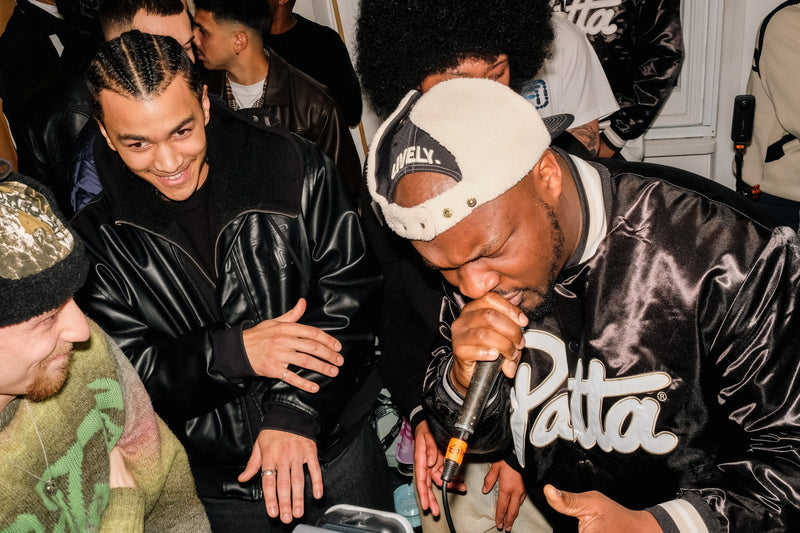
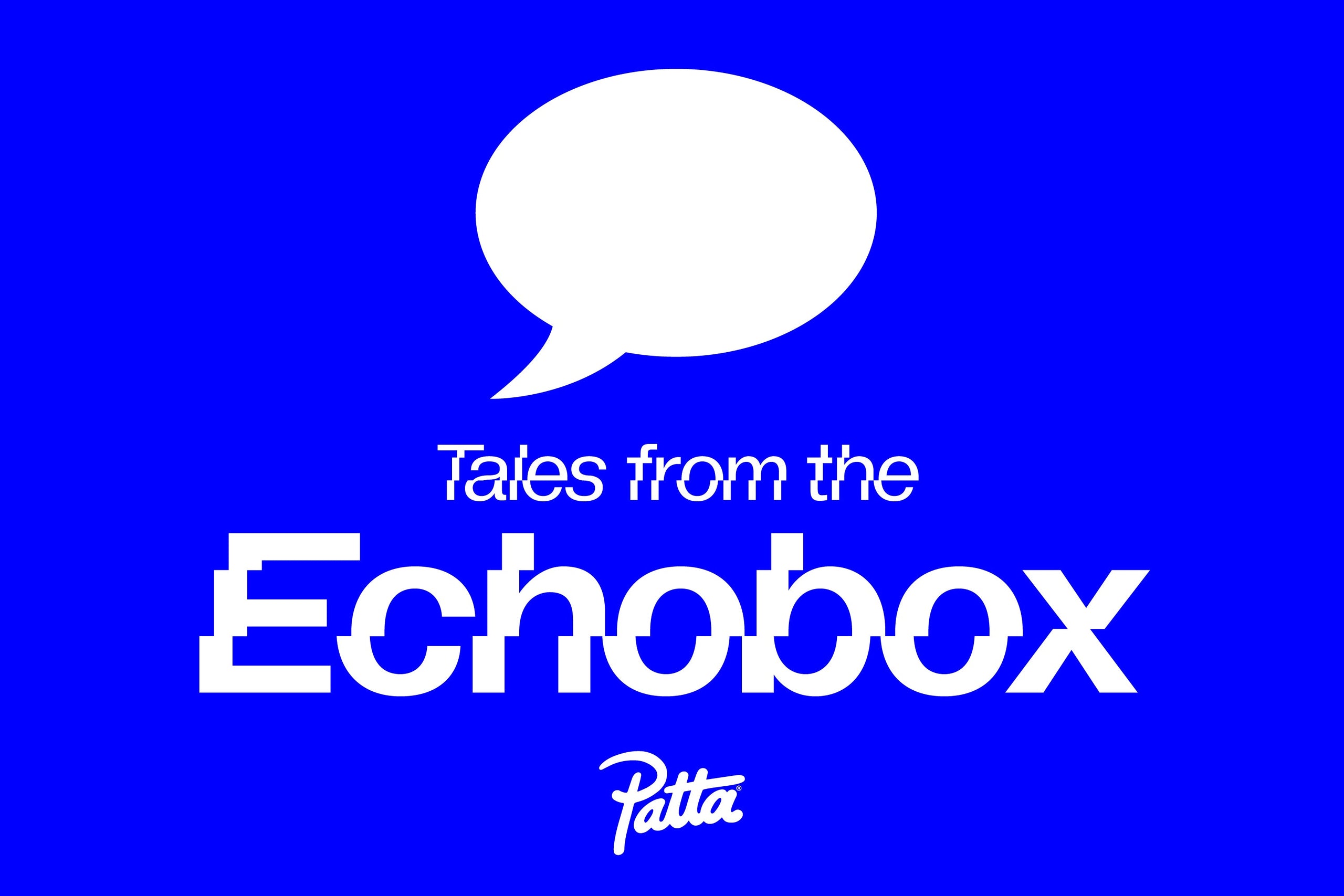
 Can you introduce yourself to our readers and let them know what you do when not at Echobox? My name is Anahit, I have been based here in Amsterdam for almost five years now, having previously lived in Armenia, France and Luxembourg. When not at Echobox, I stare at computer screens and shout at them when they don't do what I want 24/7. In other words, I work in IT security and technology consulting. Because of the highly digital nature of my work, I grew to appreciate manual activities and analogue technology; the reason why I got into analogue photography, record collecting and perfume making. To go even further and avoid network connection altogether, I travel once a year to settlements above the Arctic circle to escape the 'comfortable' life and to discover the modes of living of the local indigenous peoples. After being properly introduced to modular synthesizers, I am entertaining the thought of venturing into Eurorack as well and who knows, maybe into creating my own musique concrète one day. What effect has community radio had on your life? Growing up in a post-Soviet country, it always seemed to me that the raison d'etre of the media, radio included, was to spread propaganda, conformism, and a uniform way of thinking. With capitalism flowing into the post-Soviet countries, it was still the same but with Colgate and Coca Cola commercials interrupting the broadcast every 5 minutes. While there were interesting programs every once in a while on Radio France or BBC, they were rare. A lot changed when I discovered that radio could also be decentralized, self-managed, non-profit and above everything else provide a new space of freedom, create a diverse community and let people share and explore new concepts, ideas, music. Berlin Community Radio was my go-to radio up until the end of its existence. I cherish the dedication and determination that goes into running community radios and it feels great to put in my two cents as a radio maker. Tell us about your show Misplaced Objects - what is the general idea behind it? The purpose of my show is to introduce my audience to everything that can be characterized as electroacoustic music by not just playing the music for 60 minutes but by also discussing its origins, history and blending it with other disciplines such as philosophy, psychology, architecture and art. As I prepare and do research for my show, I discover a lot myself. It is also the perfect opportunity of getting in contact with amazing artists who make musique concrète or individuals who are involved in electroacoustic music. When studying in Paris and doing an internship at INA (National Audiovisual Institute of France), I discovered the names of Pierre Schaeffer and Pierre Henry and quickly became interested in their work and in musique concrète as a whole. Although I already had some knowledge of the avant-garde music of the likes of John Cage, Edgard Varèse, musique concrète was somewhat different and I caught myself reflecting on whether it was music at all or not. Even if it was not music, I was actively listening to it and reading anything that was at hand. It is fascinating how many genres we listen to and love today branched out from musique concrète while it remains largely obscure and unknown. Most people might think that it is music from the past, from the 50s, 60s but the fact is that it hasn't died out and there are still artists who make musique concrète. What is a misplaced object you wish you could get back?
Can you introduce yourself to our readers and let them know what you do when not at Echobox? My name is Anahit, I have been based here in Amsterdam for almost five years now, having previously lived in Armenia, France and Luxembourg. When not at Echobox, I stare at computer screens and shout at them when they don't do what I want 24/7. In other words, I work in IT security and technology consulting. Because of the highly digital nature of my work, I grew to appreciate manual activities and analogue technology; the reason why I got into analogue photography, record collecting and perfume making. To go even further and avoid network connection altogether, I travel once a year to settlements above the Arctic circle to escape the 'comfortable' life and to discover the modes of living of the local indigenous peoples. After being properly introduced to modular synthesizers, I am entertaining the thought of venturing into Eurorack as well and who knows, maybe into creating my own musique concrète one day. What effect has community radio had on your life? Growing up in a post-Soviet country, it always seemed to me that the raison d'etre of the media, radio included, was to spread propaganda, conformism, and a uniform way of thinking. With capitalism flowing into the post-Soviet countries, it was still the same but with Colgate and Coca Cola commercials interrupting the broadcast every 5 minutes. While there were interesting programs every once in a while on Radio France or BBC, they were rare. A lot changed when I discovered that radio could also be decentralized, self-managed, non-profit and above everything else provide a new space of freedom, create a diverse community and let people share and explore new concepts, ideas, music. Berlin Community Radio was my go-to radio up until the end of its existence. I cherish the dedication and determination that goes into running community radios and it feels great to put in my two cents as a radio maker. Tell us about your show Misplaced Objects - what is the general idea behind it? The purpose of my show is to introduce my audience to everything that can be characterized as electroacoustic music by not just playing the music for 60 minutes but by also discussing its origins, history and blending it with other disciplines such as philosophy, psychology, architecture and art. As I prepare and do research for my show, I discover a lot myself. It is also the perfect opportunity of getting in contact with amazing artists who make musique concrète or individuals who are involved in electroacoustic music. When studying in Paris and doing an internship at INA (National Audiovisual Institute of France), I discovered the names of Pierre Schaeffer and Pierre Henry and quickly became interested in their work and in musique concrète as a whole. Although I already had some knowledge of the avant-garde music of the likes of John Cage, Edgard Varèse, musique concrète was somewhat different and I caught myself reflecting on whether it was music at all or not. Even if it was not music, I was actively listening to it and reading anything that was at hand. It is fascinating how many genres we listen to and love today branched out from musique concrète while it remains largely obscure and unknown. Most people might think that it is music from the past, from the 50s, 60s but the fact is that it hasn't died out and there are still artists who make musique concrète. What is a misplaced object you wish you could get back?  Surface is a project I started in 2017 back in Wellington as a live art/electronic music night and radio show. Surface has always been dance music orientated without being restricted by one genre; at events, the audio would be curated to match or juxtaposed to live street art and graffiti. While on air it is a platform for local DJs to mix and promote electronic music. The Surface show on Echobox presents dance music in different dialects from the South Pacific and Asia. Dance music is massive here in Europe and it's a unique opportunity to share different sounds and perspectives from other parts of the world.
Surface is a project I started in 2017 back in Wellington as a live art/electronic music night and radio show. Surface has always been dance music orientated without being restricted by one genre; at events, the audio would be curated to match or juxtaposed to live street art and graffiti. While on air it is a platform for local DJs to mix and promote electronic music. The Surface show on Echobox presents dance music in different dialects from the South Pacific and Asia. Dance music is massive here in Europe and it's a unique opportunity to share different sounds and perspectives from other parts of the world. 